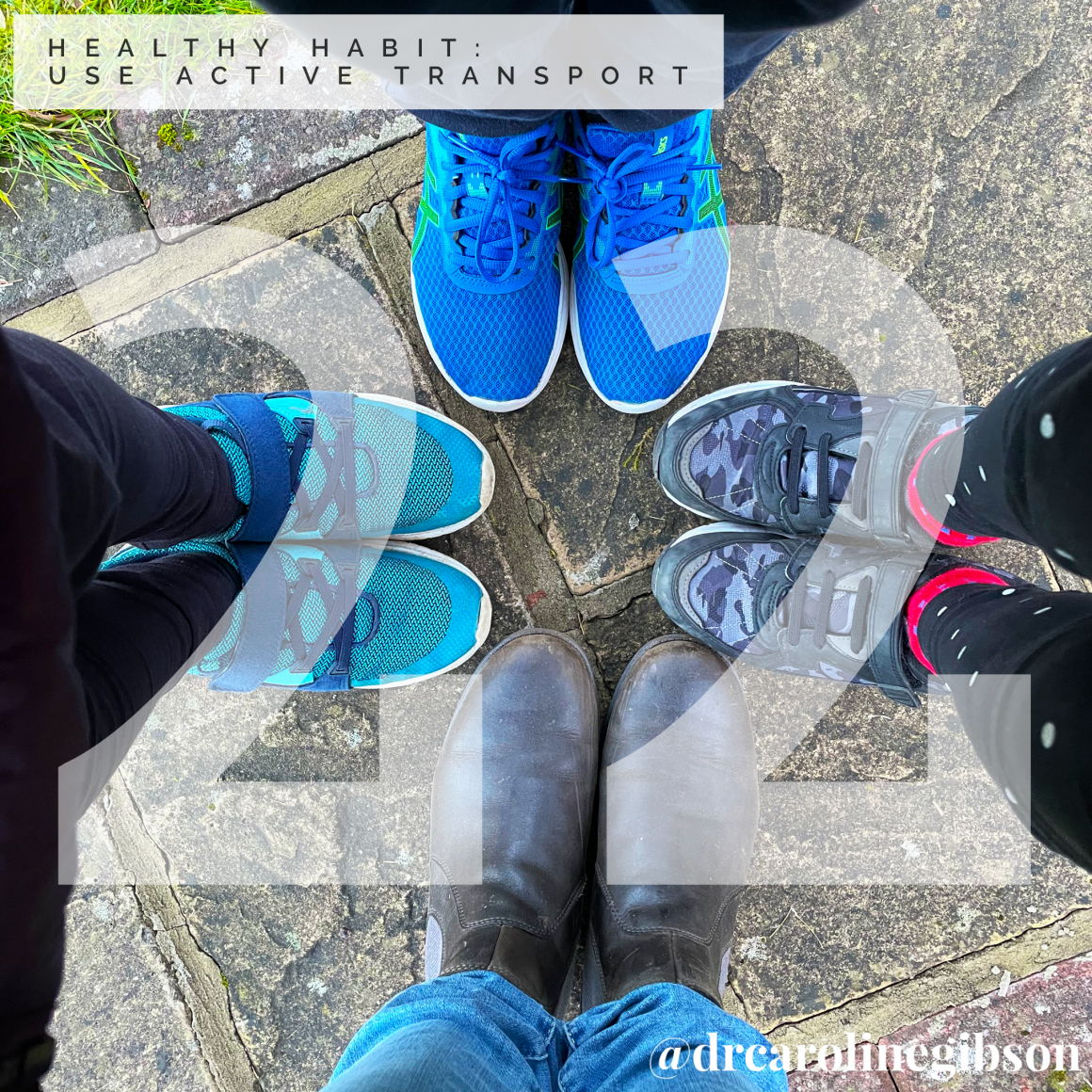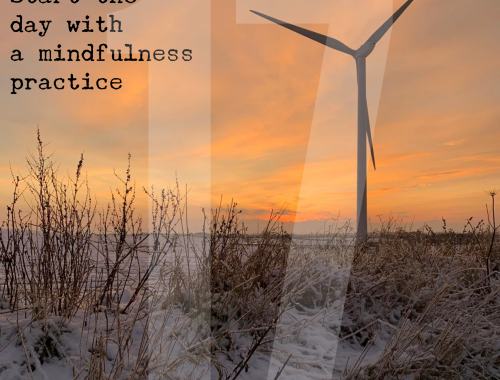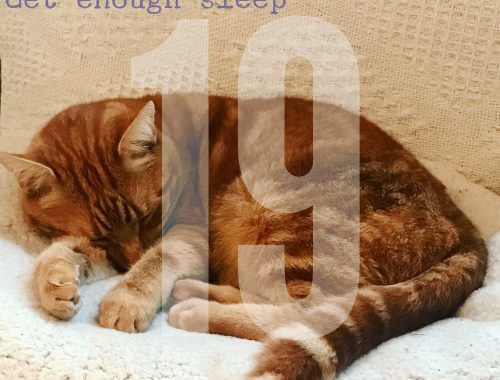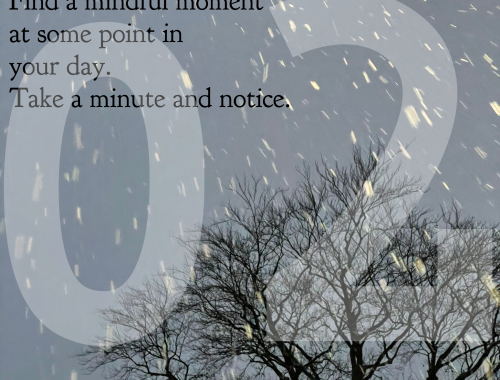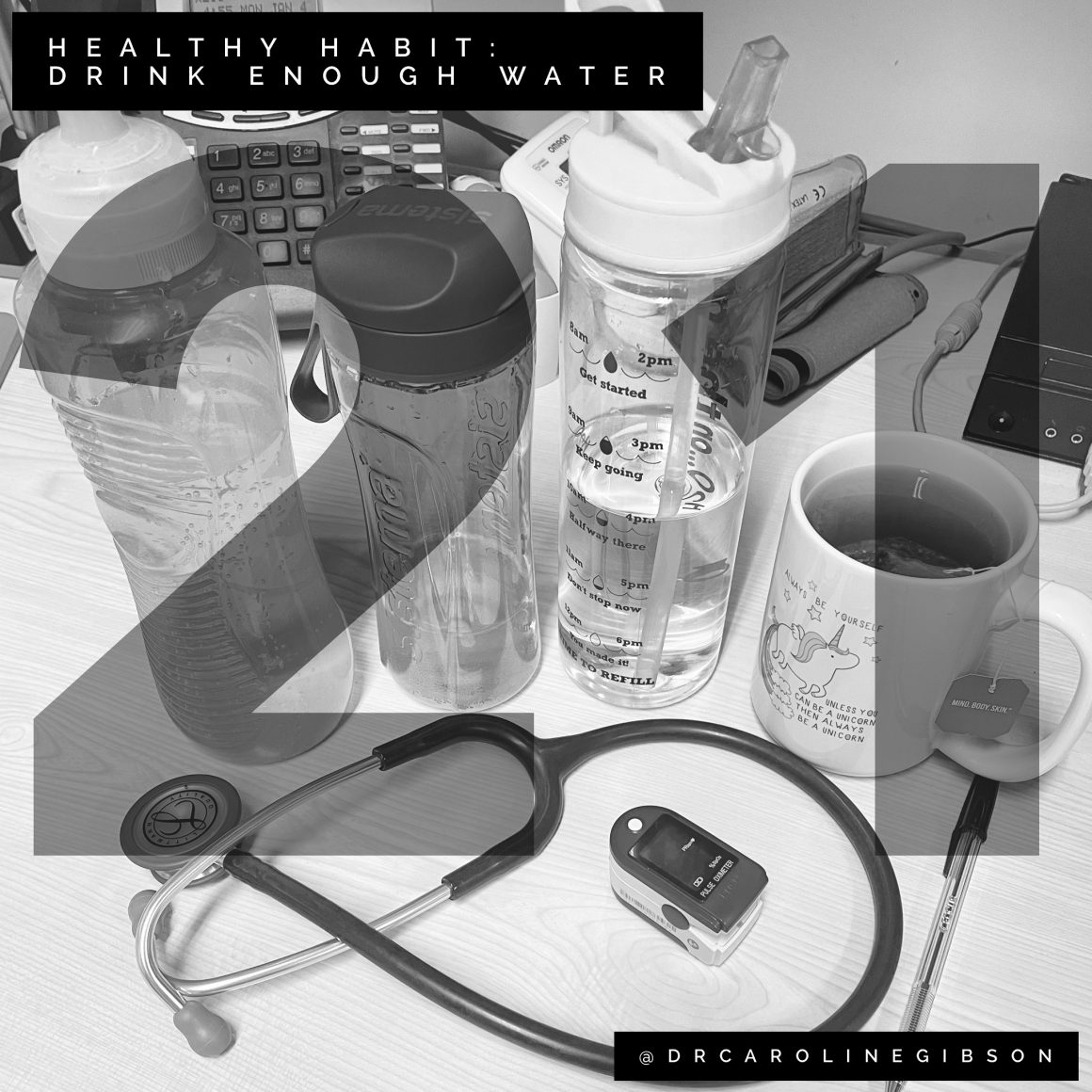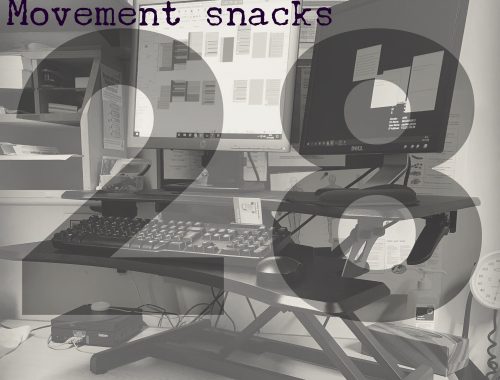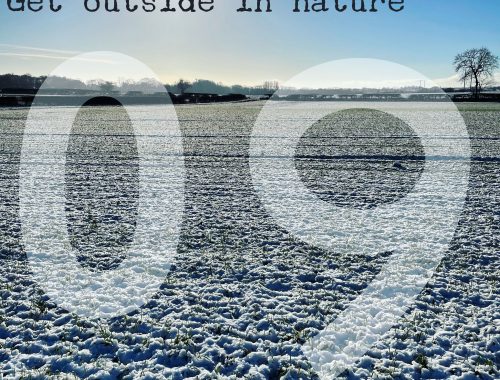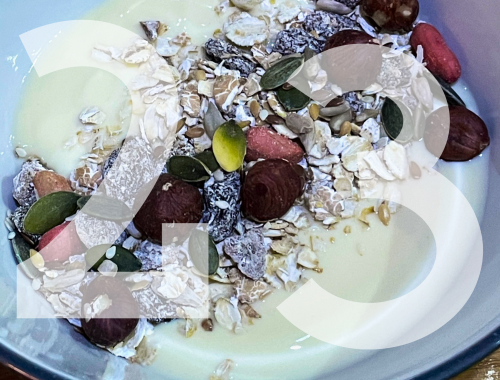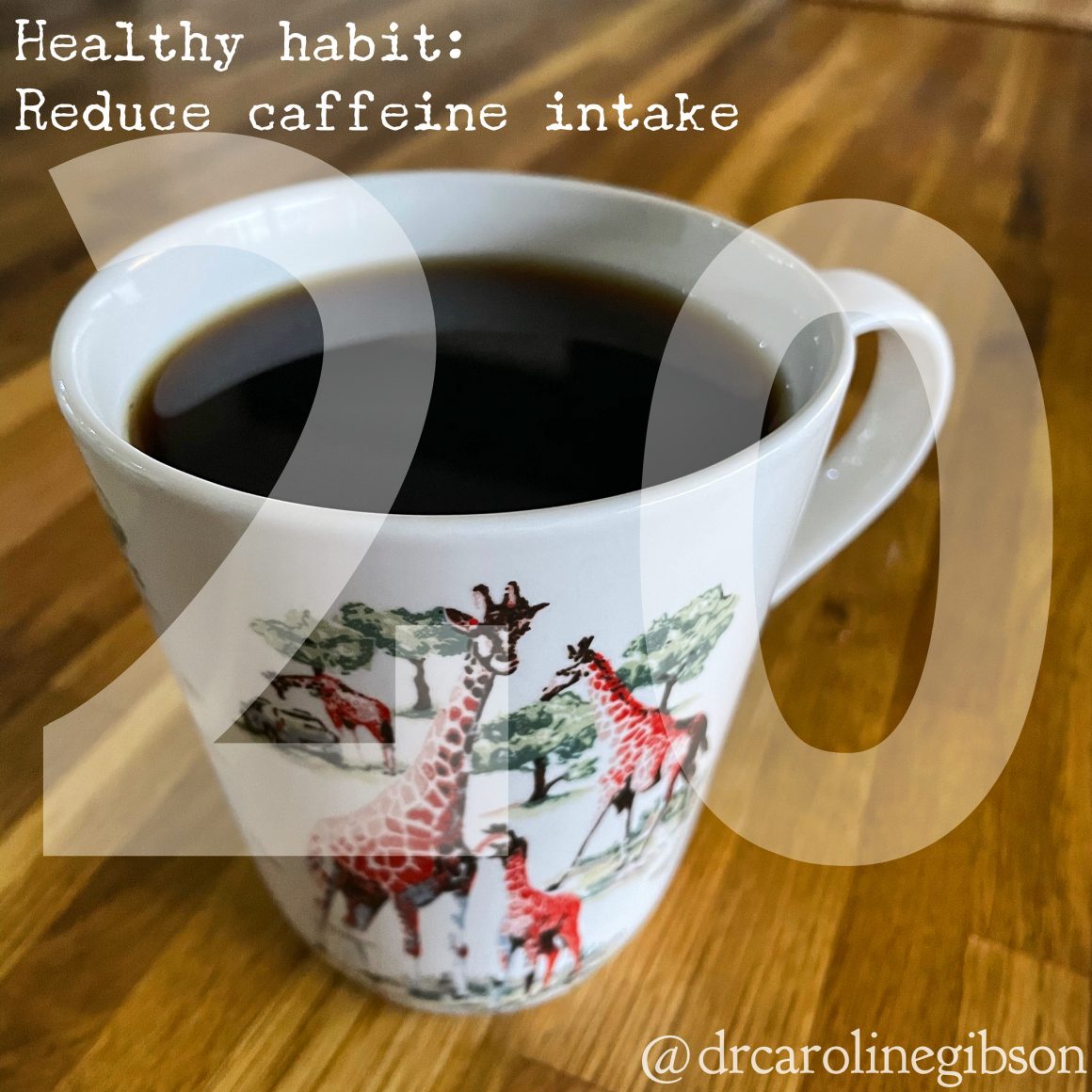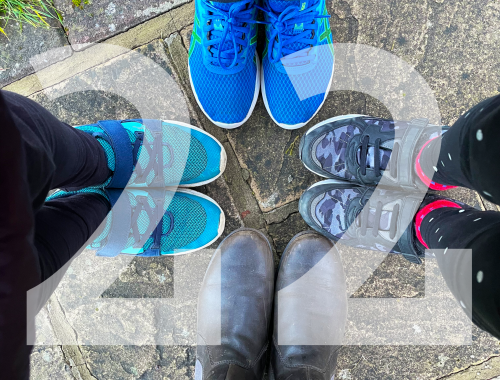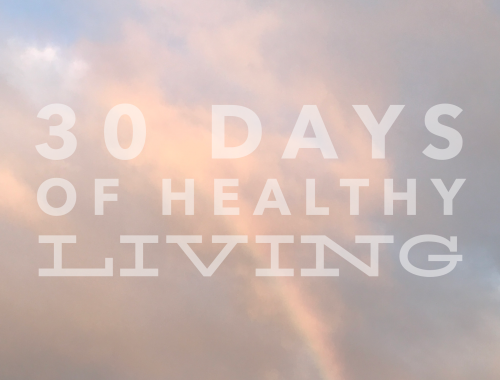22nd January – Active transport
Use active transport whenever possible. We may not be going out and about much at the moment due to lockdown, but when you do need to go out for those essential journeys, instead of jumping in the car, use transport which gets you moving. Physical activity doesn’t have to be formal “exercise” with special outfits or footwear, and it doesn’t need to be in a gym or class (or a virtual gym or online zoom class these days!). Fitting activity into the course of your day can count just as much as doing dedicated “workouts”. The easiest way to do active travel is to walk, but the kids also like…
21st January – Hydrate
Human beings are 80% water. Water is essential to all the structures that make up the body, and the processes that make the body work to function healthily. 🚰Many people don’t drink quite enough. Usually it’s not enough to cause sudden or serious problems, but being slightly dehydrated can lead to:🤕headaches💩Constipation🤭Bad breath😞Dry, dull skin🥱Fatigue📈Weight gain – because often thirst is mistaken for hunger, so people eat more thinking that they feel hungry, but actually they are thirsty. How do you know if you are drinking enough? Look at your wee! 🚽Urine should be a pale, straw colour, and there should be plenty of it. If your urine is darker yellow…
20th January – caffeine
Try Reducing your caffeine intake. I love my coffee, I really do, especially first thing in the morning. And, I’m not alone – apart from oil, coffee is the most traded commodity in the world. But the caffeine in it can be a problem because of the effect it has on sleep, and the subsequent effects on the rest of our health. Caffeine makes it more difficult to fall asleep, and once asleep, if we have caffeine in our system, the quality of the sleep that we do get is poorer. ⏰Caffeine stays in our system for a long time. If you have a cup of coffee, approximately half of…
